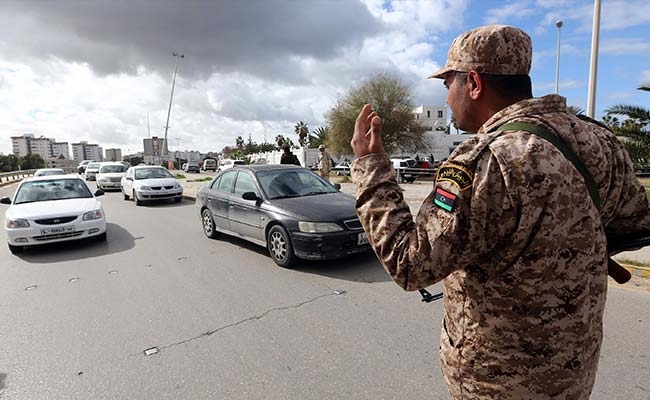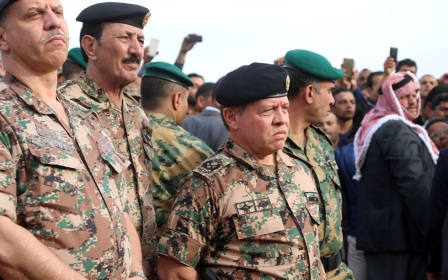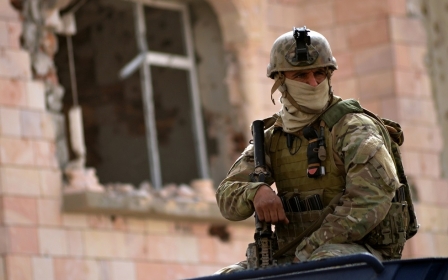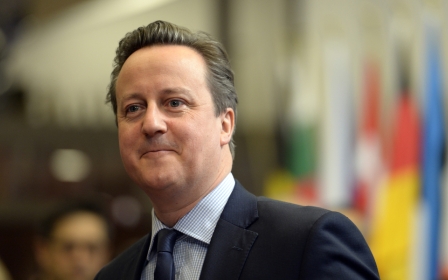Libya's Tripoli on high alert as unity government tries to move in

Authorities in control of Libya's capital on Friday declared a "maximum state of emergency" after a UN-backed unity government said its members would head to Tripoli to begin work, despite not being recognised by either of the country's parliaments.
The city is under the control of an administration backed by armed groups including Islamists that is not internationally recognised.
The head of the Tripoli authorities, Khalifa Ghweil, called on his interior and defence ministries and allied armed groups to "take all security measures necessary to preserve the country's stability by increasing patrols and security checks," a statement on his administration's website said.
But streets were calm on Friday morning, an AFP photographer said, with police cars deployed at their usual positions around the city, but no signs of extra security measures.
Libya has had two rival administrations since mid-2014 when an armed alliance overran the capital, setting up its own authority and causing the government backed by the internationally recognised parliament to flee to the far east of the country.
The United Nations has been pushing for the two sides to cede power to a unity government under a power-sharing deal announced in December, but both parliaments have rejected the new authority headed by prime minister-designate Fayez al-Sarraj.
The Tunisia-based presidential council headed by Sarraj said this week that the unity government would start work in Tripoli "within the coming days".
The council earlier this month said the unity government would take office on the basis of a petition signed by a narrow majority of Libya's elected MPs.
UN special envoy Martin Kobler was on Wednesday prevented from travelling to Tripoli to work on installing the power-sharing administration.
Libya has descended into chaos since the 2011 overthrow of longtime dictator Muammar Gaddafi, allowing militants including the Islamic State group to gain ground in the oil-rich country.
New MEE newsletter: Jerusalem Dispatch
Sign up to get the latest insights and analysis on Israel-Palestine, alongside Turkey Unpacked and other MEE newsletters
Middle East Eye delivers independent and unrivalled coverage and analysis of the Middle East, North Africa and beyond. To learn more about republishing this content and the associated fees, please fill out this form. More about MEE can be found here.




